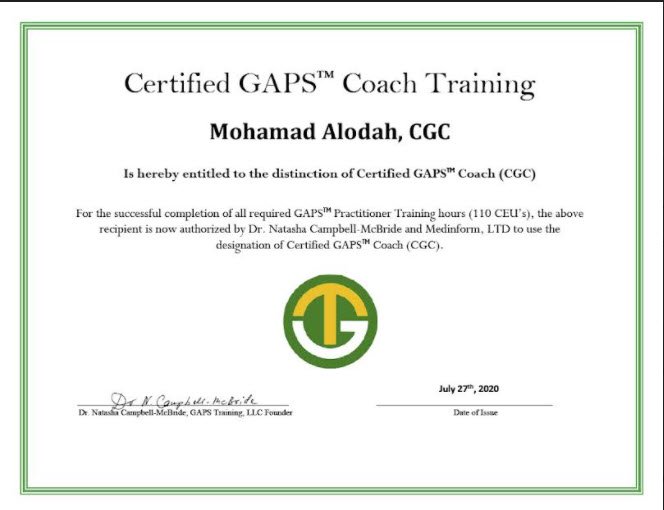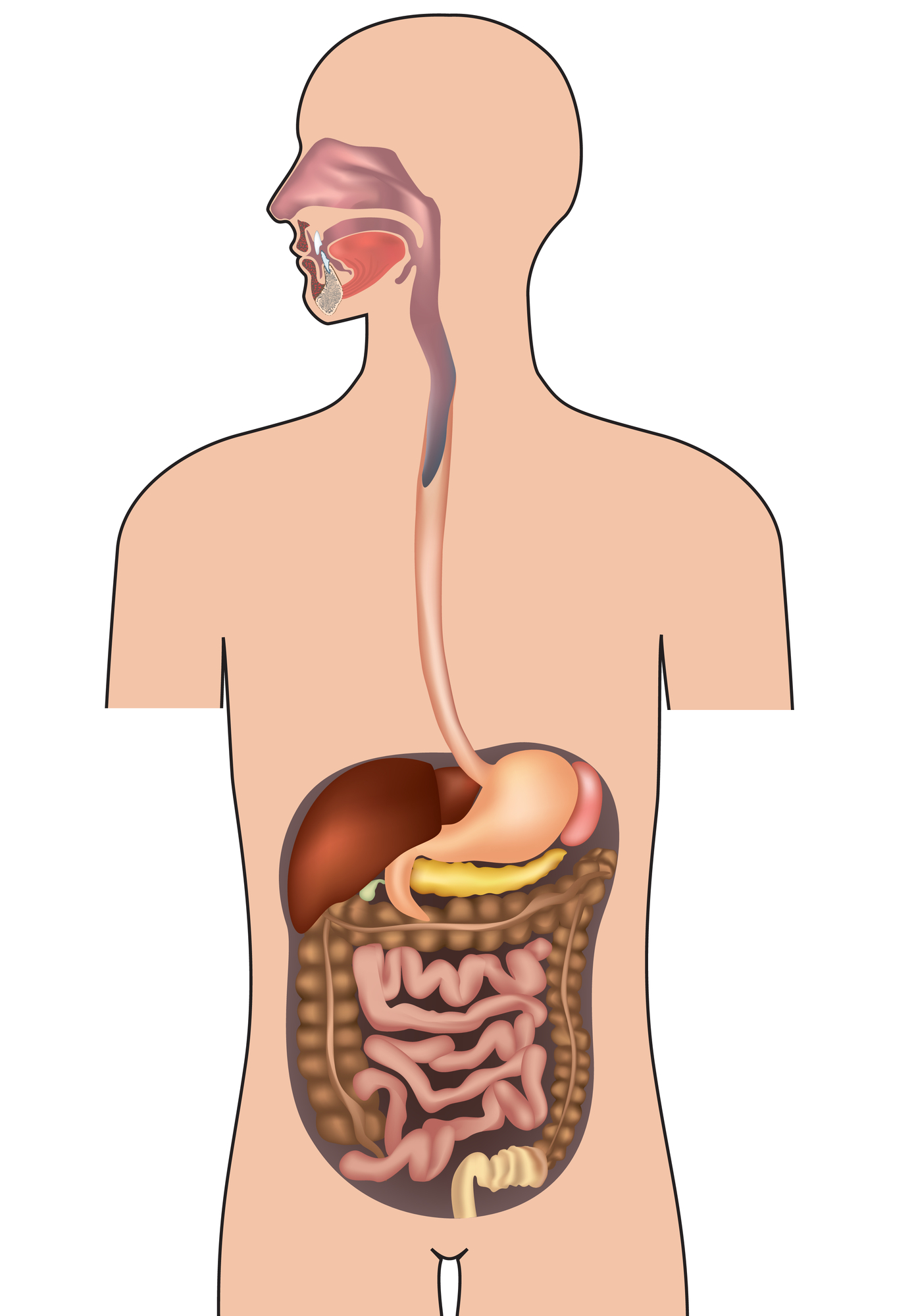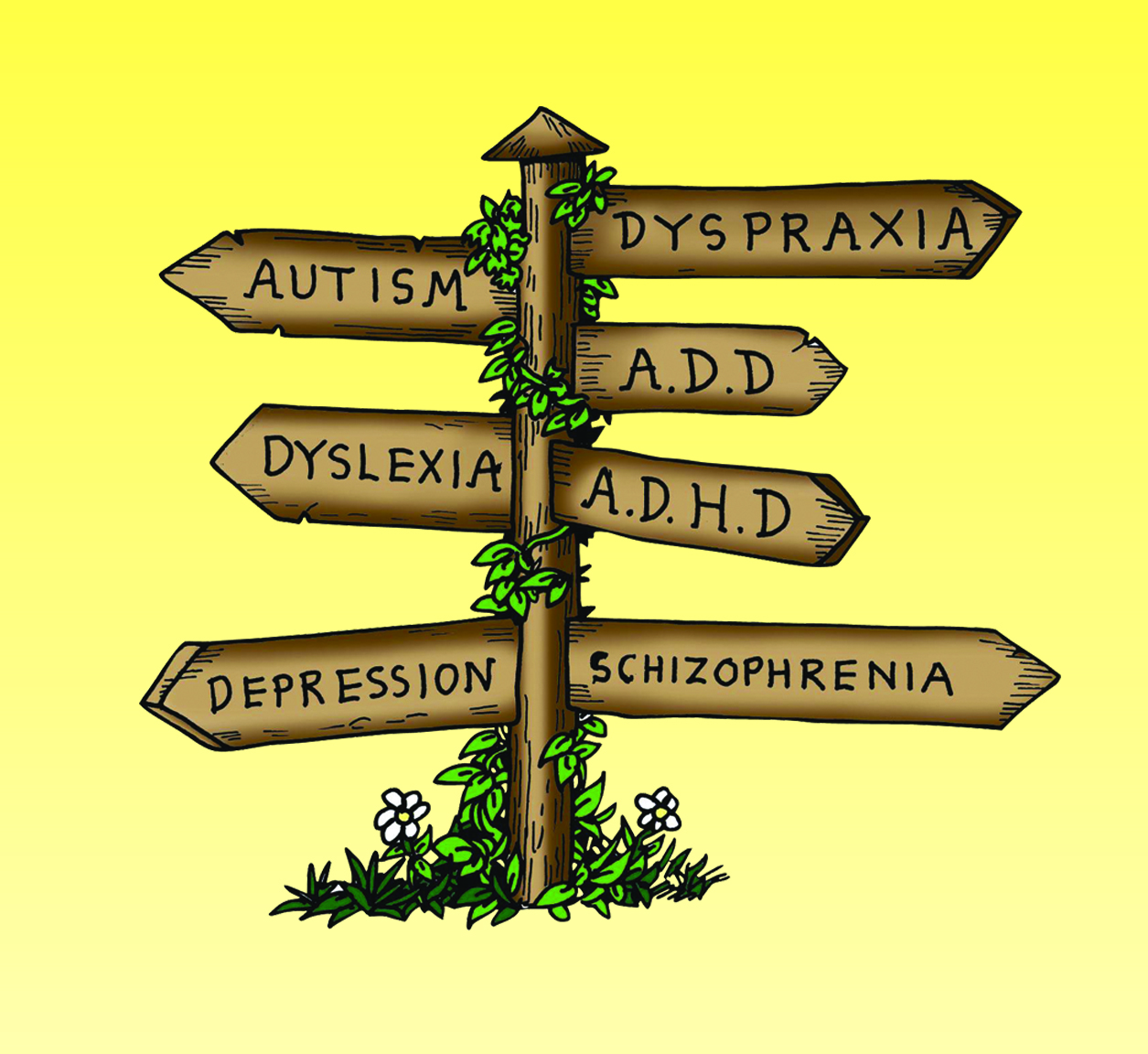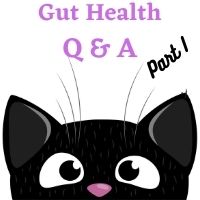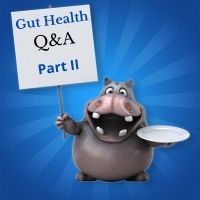For the latest updates and offers on new products & books, sign up today!
Gut Health while Taking Antibiotics - Aftereffect and Remedies
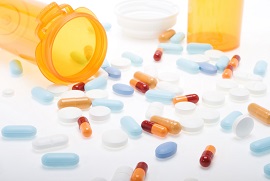
The status of anyone’s gut health while taking antibiotics would change negatively impacting your gut flora or microbiome by killing many beneficial bacteria. And the longer period you keep taking antibiotics and dosage which both exacerbate the damaging effects on your gut flora.
And if you have damaged gut flora, sooner or later, your gut health will be compromised. And with compromised gut health you can expect almost every disorder under the sun, from skin problems, allergies, food intolerance, to autoimmune disorders.
Many scientists are calling and rightfully so, the gut flora is considered another organ in the body and a very important organ with multitasks.
The Microbiome and Gut Health while Taking Antibiotics
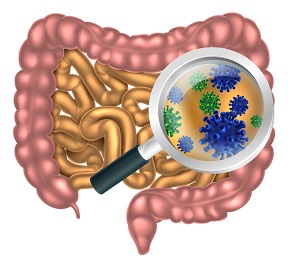
So why do antibiotics affect gut health if they are targeting those bad bacteria that are making us sick and sometimes dangerously sick?
There is no doubt that antibiotics since the introduction of penicillin in the 1940s have saved many lives and I will use them if I’m in an emergency health situation but only in that situation because antibiotics don’t discriminate between the good and pathogenic bacteria thus disrupting the harmony of the microbe community which is part of your body.
Remember, if you think about it as an organ then you probably think differently about taking antibiotics for every cough and sneeze.
So how does the microbiome impact your gut health while taking antibiotics? Your microbiome does a lot for you it’s like your best friend ever when it is healthy and it is your worst nightmare when it is imbalanced and unhealthy. Here are a few yet critical to your health:
1- your healthy gut flora plays a major role because it creates a mucus-like substance called biofilm that shields the gut wall from toxins and pathogens preventing them to sneak in.
2-Your healthy gut flora provides hundreds if not thousands of antifungal, antiviral, and antibacterial chemicals to protect you from opportunistic and pathogenic viruses, bacteria, fungi, and who knows what else. Having a healthy robust community of microbes in your gut you will be protected from allergies, common colds, and virtually disease-free.
I know this is hard to believe since the norms in the Western world do not experience this any longer but it exists somewhere else in the world in many African tribes and other regions of the world who stuck to eating their natural foods and consuming foods in seasons.
3-Gut flora replenishes your body with all types of nutrients such as:
- Water-soluble vitamins
- Fat-soluble vitamins
- Minerals
- Certain fatty-acids such as Butyric acid (1)
There is more of what gut flora can do as we know of now but I hope you get the idea of how gut health while taking antibiotics is impacted due to the damage is taking place in gut microflora.
What Remedies to Restore Gut Health while Taking Antibiotics
If you are in a health situation and one choice is to resolve it is by taking antibiotic medications then assess the situation with your doctor, is necessary, are there alternatives, and decide from there. If you must then think about these remedies to at least repair the damage that took place for your gut health while taking antibiotics:
-Use high-quality probiotics (see supplements that I recommend here)
-Include fermented foods in your meals and if you already do maybe you want to temporarily increase the amount from one teaspoon to two or three teaspoons.
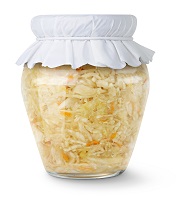
-Decrease or eliminate the amount of sugar and carbohydrates in your meals. Remember antibiotics kill bacteria and not yeast because it belongs to the kingdom Fungi. This elimination is temporary but it may help with avoiding yeast overgrowth in the gut.
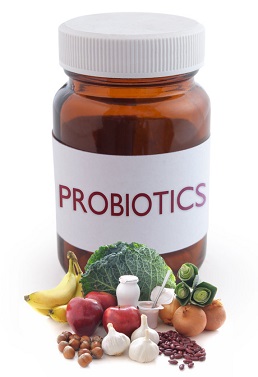
-Every fermented food is different when it comes to its nutritional and probiotic spectrum and they are all great. Nevertheless, they are different. Milk Kefir is stronger than yogurt regarding its probiotic makeup and potency so include it in your meals.
-Consume all kinds of meat broths and make soups out of these meat broths, such as fish soup, chicken soup, beef soup. These are the building blocks that are needed to boost your gut health while taking antibiotics and especially if you are taking these medications for more than a day, which is usually the case.
Rebuilding Gut Bacteria after Antibiotics -Lifestyle Changes
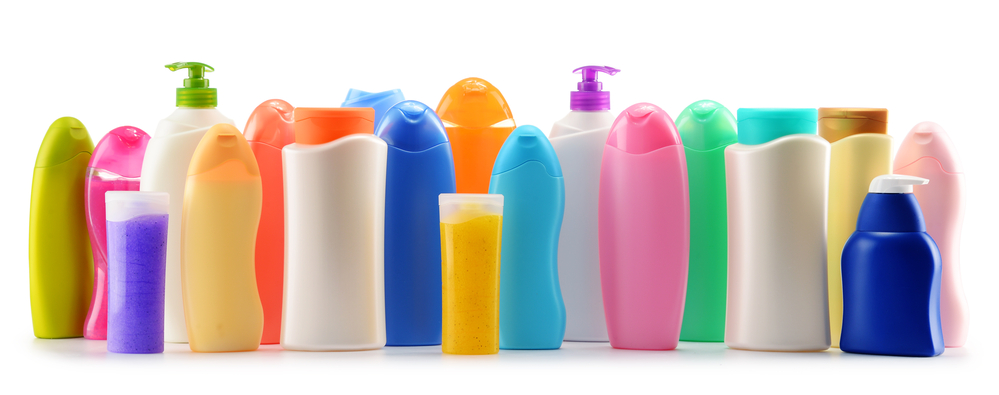
The gut can be under a lot of stress after having an antibiotic course so the last thing you want to do is add more stressors to the body. Let me briefly explain, any overgrowth of microbes such as Candida or antibiotic-resistant bacteria starts to produce toxins where the immune system has to deal with on regular basis.
Changing lifestyle habits can give the body a break from constant cleansing and not overwhelm it. How do lifestyle changes help in rebuilding gut bacteria after antibiotics? Here are some:
- Don’t use makeups that are full of man-made chemicals
- The same thing with deodorants that contain aluminum and other harsh synthetic chemicals
- Be careful using household cleaners that are made with hundreds of man-made chemicals
- Control stress as much as possible. I’m not trying to be too simplistic but it is all about how YOU react to situations in life.
- Sleep has a big impact on your gut flora and this research is still in its infancy so make sure you get enough hours of sleep, period.
Summary: Restoring Gut Flora After Antibiotics
Don’t take antibiotics if you really don’t need them. There are many bacterial infections that are considered mild and these infections get better on their own with some time and rest (2).
Many sore throat, flues, colds, and coughs are caused by viral infection thus antibiotics are useless (3)in that case but still will wreak havoc on your gut flora so be certain that you have a bacterial infection and then do you really need it or can you outwait it with rest, time, and good food.
Utilize the power of probiotic supplements and fermented foods to boost gut health while taking antibiotics. Cook and prepare soups from grass-fed meat and wild meat if you are a hunter or knows someone who is a hunter. Refrain from eating sugar and other sweet things because sugar feeds pathogenic microbes that have overgrown in numbers and are creating damage in the body.
Follow the lifestyle guidelines I have mentioned above to give your body a break and being overwhelmed by toxins from the inside (gut dysbiosis) and the outside (makeups, personal hygiene products, etc.)
Manage stress as much as possible and remember it is mostly in your control of how to react to events in life. Lastly, sleep enough hours so you wake up energetic and not tired and sleep is important for your gut flora and at the same time gut health.
Sources
Source (1)
Source (2) (3)


